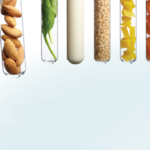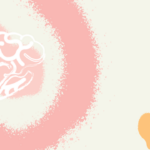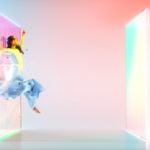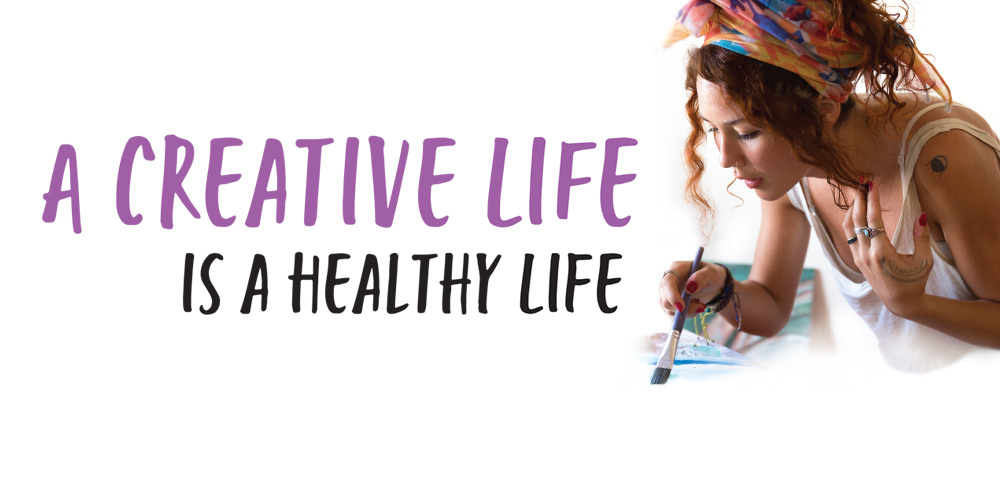
"Creativity in and of itself is important," Professor Strang says, "for remaining healthy, remaining connected to yourself, and remaining connected to the world." Except, of course, for THOSE BRILLIANT TIMES OF "FLOW," WHEN YOUR CREATIVITY BLISSFULLY DISCONNECTS YOU FROM EVERYTHING, BUT THE TASK AT HAND!
DID YOU KNOW?
Have you ever experienced the wonder of getting lost in a creative activity? If not, you’re truly missing out! Painting, designing a garden, woodworking, knitting, baking – these are just a few examples of the ways we can lose ourselves (and all track of time) in the rhythms of a creative process. What’s more, studies also show that those of us who don’t have a creative outlet may be cheating ourselves out of a robust health habit.
According to art therapy research done by Drexel University and others, the advantages of taking up an artistic hobby, and creative pursuits are immense, like stress reduction, to name one. They also enhance self-image and strengthen our problem-solving abilities.
Art therapists say you don’t have to devote a lot of time to creativity either to enjoy its benefits, and you don’t have to be uniquely talented. Full-time, capital-A artists certainly enjoy the benefits of their work, but so do those who consider themselves mere dabblers. The trick is to find the forms of creative expression that inspire you.
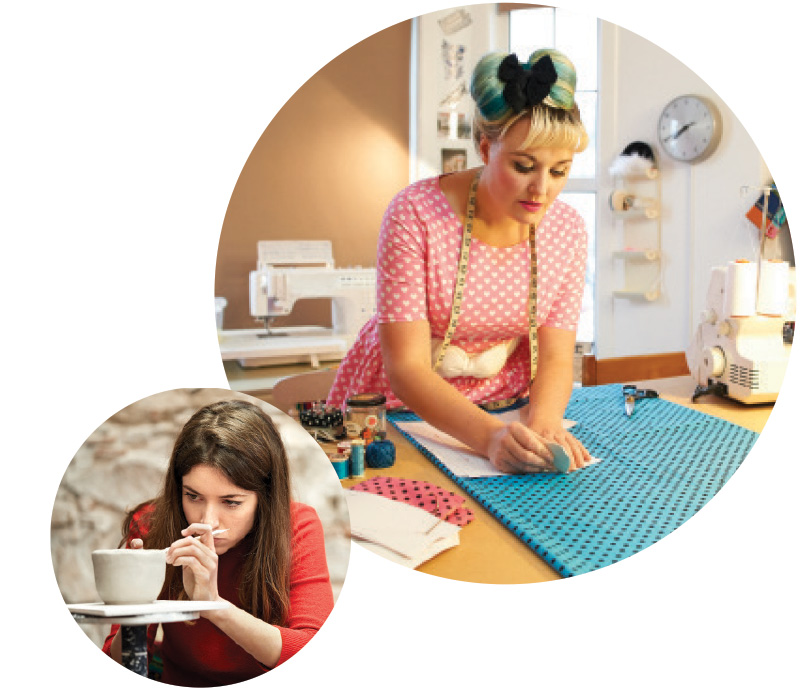
Then, suspend any tendency to overjudge your work – focus more on process than results. But honour your creativity by giving it time to develop and flourish. According to researcher, Christine Strang, a professor of neuroscience at the University of Alabama in Birmingham, your creative practice should benefit from the same commitment you bring to your work, your exercise, and the time you spend with family and friends.











